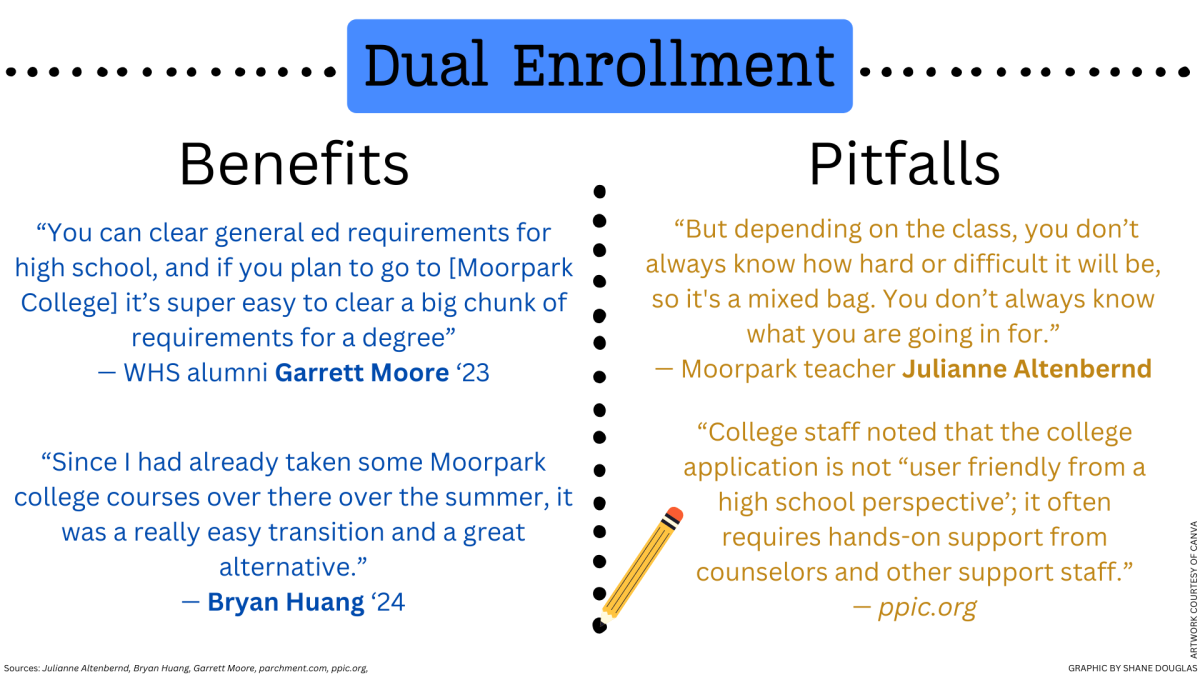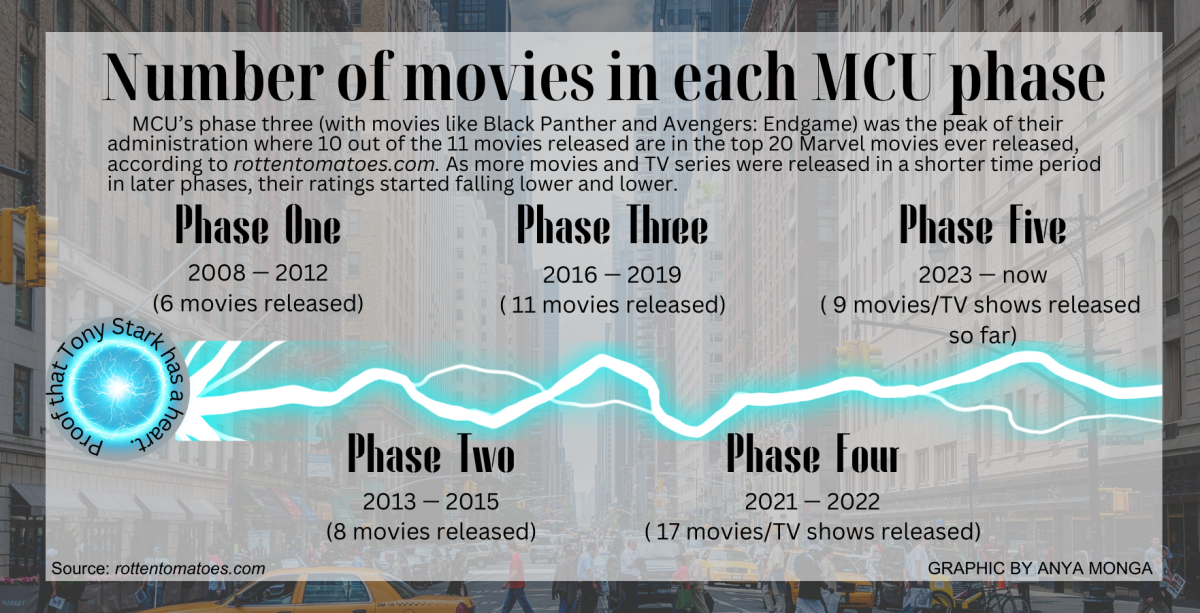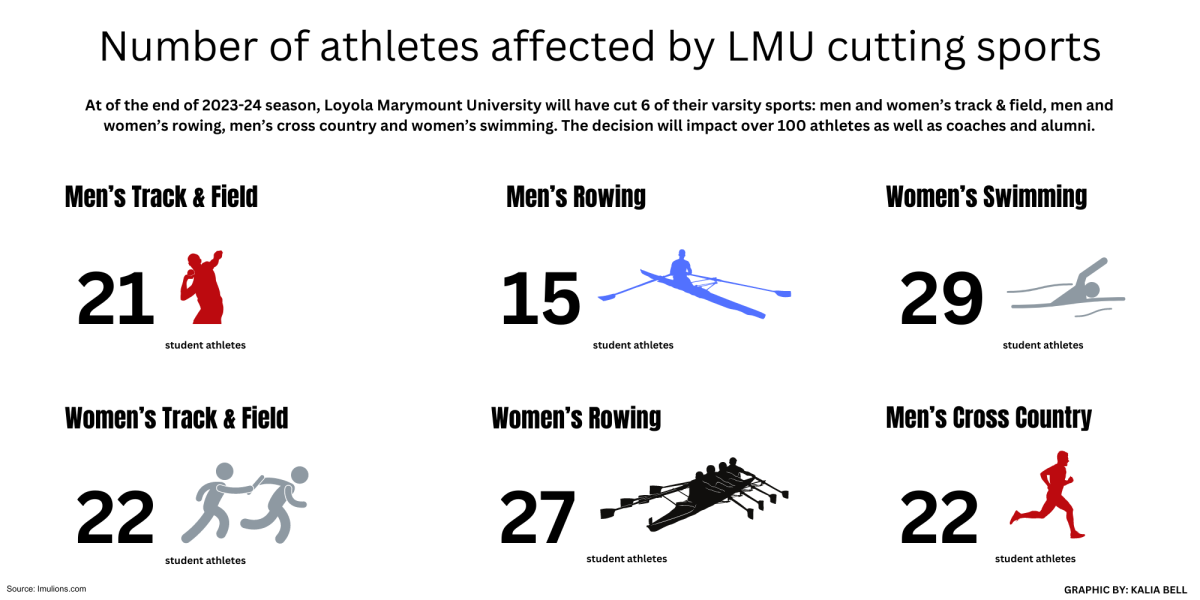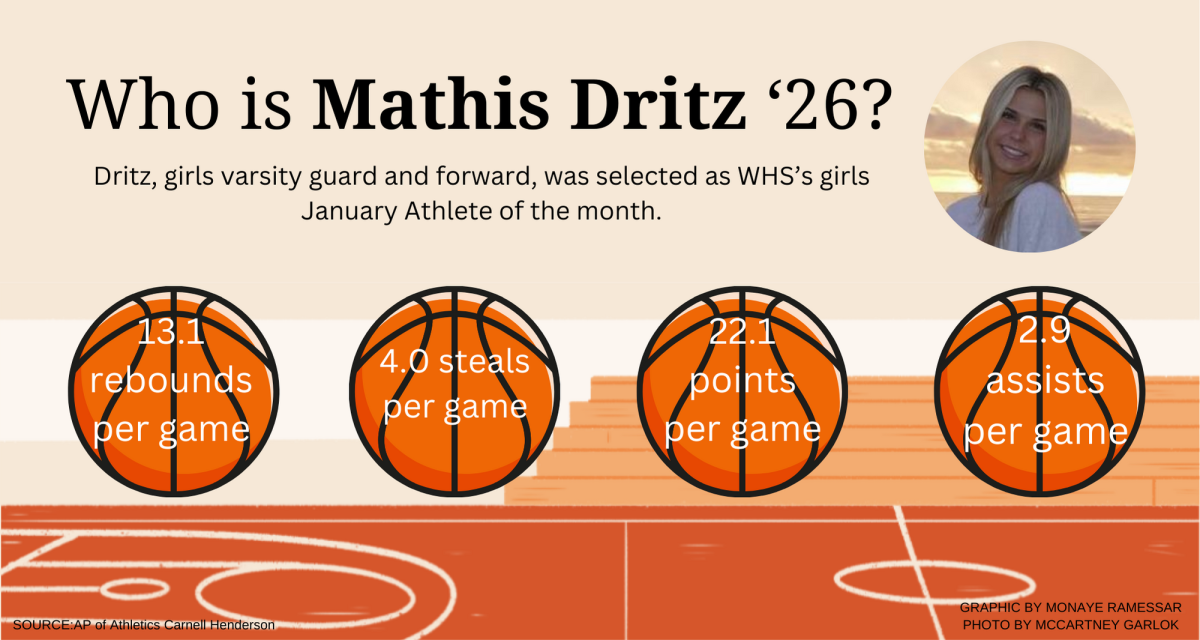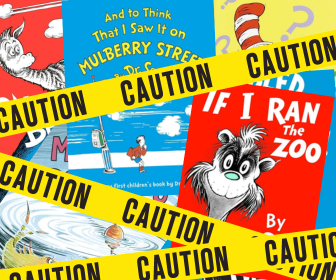Such sweet bliss. It’s just Susie, her earbuds and the homework she needs to get done. Her teacher finally gave her class a free period to get work done, and the first thought that came into every student’s mind was jamming out to music. There’s nothing like the feeling of listening to a favorite song while finishing work in order to have a free afternoon. Well, sometimes, it’s more like listening to your favorite song and lip-syncing to it rather than getting any work done.
In the 21st century more than ever, society has started relying on technology. A perfect example is students instantaneously pulling out their music during class. Although it has been rumored that music helps with learning, this is not true because studies now show the downsides to music in the classroom.
One of the more obvious reasons music should not be allowed in class is that it is a distraction. There are many times students find themselves singing along to a song rather than focusing on the work in front of them. According to The Guardian, further research has shown that playing music takes up space in the brain meant for retaining important information.
“Music – especially tunes with lyrics – can take up processing space,” according to The Guardian. “This conflicts with the material you are trying to learn, effectively creating a bottleneck in your memory, as there is less space to process what you are revising.”
Furthermore, the distraction caused during the revision of course material can cause one of the more detrimental negative effects of music: dropping grades. In a study performed by Cardiff Metropolitan University, researchers found that students who studied in quiet environments did 60% better on tests than those who studied with songs with lyrics playing.
The “Mozart Effect,” which states that listening to Mozart’s classical makes children smarter, has been long tossed as a viable theory. Researchers at the University of Vienna conducted nearly 40 studies, none of which found evidence of classical music enhancing critical performance.
Speaking of the “Mozart Effect,” many have considered music to help with improving their moods or motivation. These thoughts are valid and may be the case for many students, yet it can be seen through the evidence previously stated, that background music hinders the ability to learn and retain complex material.
Music is a great source of interaction, therapy or entertainment, but its abundance in the academic environment is proving to be damaging. For whatever reasons students listen to music, they themselves have shown they perform better in quiet areas. Following the trend and tuning in is one of the simplest tasks to accomplish nowadays, but it can be and should be just as easy to tune out. It’s definitely time to tune out!





